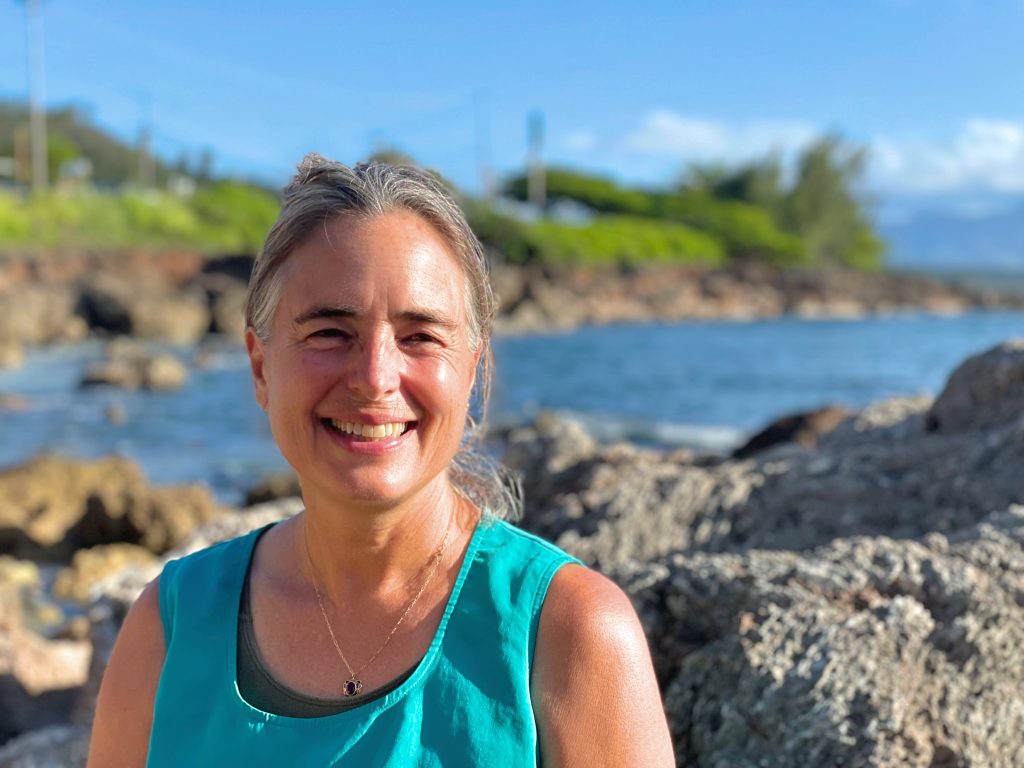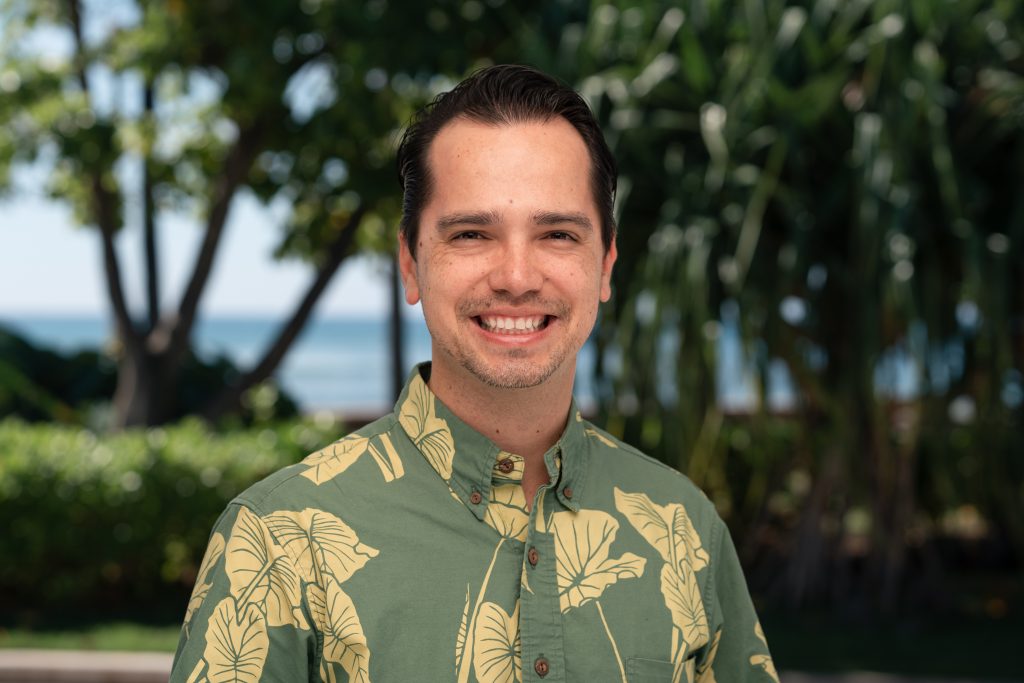Gov. Green names Climate Advisory team members
Gov. Josh Green, M.D., announced the full slate of members for the Climate Advisory Team (CAT) led by Chris Benjamin, chair of Climate Hawai‘i and a special advisor to the governor. The CAT is charged with developing policy recommendations to minimize the impacts of future climate-related natural disasters and to speed recovery from the physical and financial damage they cause. The CAT will make policy recommendations in anticipation of the 2025 Hawaiʻi state legislative session through consultation with subject matter experts and community leaders.
As Hawai‘i continues to recover from the devastation caused by the historic Maui wildfire disaster, Green has emphasized the importance of climate resilience efforts. In convening the CAT, the governor reaffirmed his administration’s dedication to delivering a robust policy framework that prioritizes the well-being and security of residents, while effectively managing state resources for a sustainable and resilient future.
Understanding the growing threat that climate-related natural disasters pose to our islands, Green created the CAT to recommend policies that will help promote resilience and recovery from the impacts of such events. The CAT includes local experts in climate, environmental stewardship and finance and insurance, who are dedicated to finding solutions that emphasize justice, equity and aloha ʻāina, according to the governor’s announcement.
Gov. Green and Chair Benjamin have added the following members to the Climate Advisory Team:
- Denise Antolini: Denise Antolini has more than 30 years of experience in the environmental law field in Hawai‘i. She retired in 2023 as Professor of Law Emerita from the William S. Richardson School of Law, University of Hawai‘i at Mānoa. She is active in North Shore community and environmental issues.
- Robin Campaniano: Robin Campaniano served as the state Insurance Commissioner and is the retired president and CEO of AIG Hawai‘i Insurance Co. Campaniano chairs the Shidler College of Business Advisory Council and the Hawaiʻi Clean Energy Initiative Steering Committee.
- Chip Fletcher: Charles “Chip” Fletcher, Ph.D., serves as the Governor’s special advisor for climate and resilience and as the interim dean of the School of Ocean and Earth Science and Technology at the University of Hawai‘i at Mānoa. He brings extensive expertise in climate change, coastal community resiliency and sea level rise impacts.
- Kawika Riley: Kāwika Riley, Ph.D., is the vice president of External Affairs at Kupu, a leading youth-focused sustainability nonprofit working throughout Hawaiʻi and the U.S. Affiliated Pacific. His background includes conservation and growing Hawaiʻi’s sustainability workforce.
- Gwen Yamamoto Lau: Gwen Yamamoto Lau is the executive director of the Hawai‘i Green Infrastructure Authority and was also recently appointed by Governor Green to serve on a joint Executive-Legislative Property Insurance Task Force. In addition to a background in banking and extensive experience in financing resilience initiatives, Gwen was appointed by U.S. Environmental Protection Agency Administrator Michael Regan to serve on its Environmental Financial Advisory Board.
Chris Benjamin, chair of the Climate Advisory Team, is the retired CEO of Alexander & Baldwin. He now dedicates his time to climate-related initiatives. In addition to chairing the CAT, he founded and chairs Climate Hawai‘i, an initiative of the Hawai‘i Executive Collaborative, and serves as a special advisor to Gov. Green.
Members of the CAT serve as unpaid volunteers and do not require Senate confirmation.
The CAT is assisted by Andy Winer of Strategies 360, Christine Matsuda of Pa‘akai Communications and experts in disaster response and recovery from firms including O’Melveny & Myers LLP, Ducera Partners LLC and Hueston Hennigan LLP.
The CAT is engaging with a wide range of community stakeholders and experts to inform its work. Its goal is to propose a package of bills for the Governor’s review, to be submitted for consideration in the 2025 legislative session.
“Climate-related disaster prevention is the best insurance, but some impacts are likely inevitable; that is why the CAT is focused on developing both resilience and recovery strategies,” said Chris Benjamin, chair of the CAT. “Resilience initiatives are likely to include investments in our natural environment to minimize the impact of climate change and in our built environment to reduce the potential loss of life and ensure shelter and economic activity.”
Recovery strategies that the CAT pursues will seek to address the difficult insurance market facing the state, with a goal of creating a disaster relief fund or otherwise providing a financial safety net for those impacted by natural disasters.



















